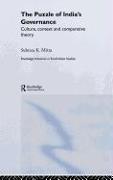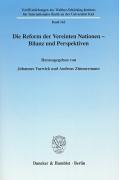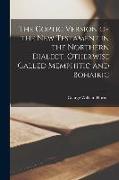The Puzzle of India's Governance
BücherAngebote / Angebote:
India no longer gets an easy ride as the world's largest democracy. Spectacular terrorist attacks on India's Parliament and places of worship, communal riots of unprecedented ferocity, lingering separatist insurgency and violent caste conflict in impoverished regions have combined to cause a closer appraisal of India's capacity to sustain the rule of law. This book examines how India has been able to sustain democratic governance while undergoing substantial social, economic and political changes through a neo-institutional rational choice model of governance, bounded by local culture and context. The author applies the central logic of bounded rationality to fresh data, derived through quantitative and qualitative methods from a geographically diverse, multi-ethnic, post-colonial state. It sheds light on governance in India and generates findings relevant to cross-national studies of governance. By drawing on the logic of human ingenuity, driven by self-interest rather than mechanical adherence to tradition, solicitude to abide by rules and innovating new procedures when it suits them, the book shows how elites can enhance governance through appropriate policies, institutions and processes. This book will be invaluable to researchers and students on South Asia and will be of significant interest to those studying governance and the rational actor model.
Folgt in ca. 15 Arbeitstagen




